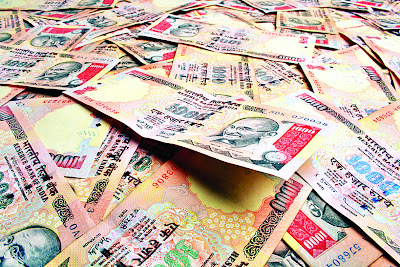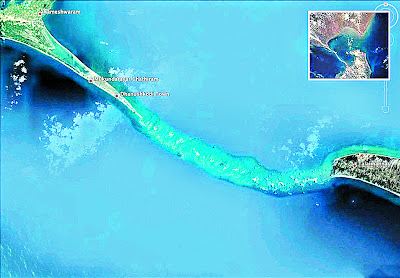 Of all the acronyms that Indian public associate with
investigation, CBI (Central Bureau of Investigation) is the most common.
However, if its functioning is anything to go by, the motto ‘Industry,
Impartiality, Integrity’ would be one of the longest-running jokes in the
history of the country.
Of all the acronyms that Indian public associate with
investigation, CBI (Central Bureau of Investigation) is the most common.
However, if its functioning is anything to go by, the motto ‘Industry,
Impartiality, Integrity’ would be one of the longest-running jokes in the
history of the country.
Over the decades, the agency that was originally established
to tackle corruption and serious crimes meriting attention of the Central
government has been turned into a tool of political coercion and vendetta. Any
political leader, business house and organisation that fell foul of the ruling
establishment have learned this the hard way.
Once the era of coalitions began at the Centre, the CBI has
been used extensively for arm-twisting allies and opponents. There is hardly
any major party that has not borne the brunt of this. One day you find the CBI
filing cases, chargesheets and talking about ‘clinching evidence’ against a
political leader, but once he/she yields to the demands of the Centre the
process reverts to snail’s pace.
The investigative agency’s diligent efforts played a crucial
role in the success of the ‘carrot and stick’ policy that has made Lalu Prasad
Yadav of RJD, Mayawati of BSP, Jayalalithaa of AIADMK and Mulayam Singh Yadav
of the SP die-hard supporters of the Congress-led government at the Centre.
“It’s not easy to fight with the government. It has a
thousand hands and can use the CBI and put one in jail,” said Mulayam recently.
A disproportionate assets case against him and his son has been under investigation
by the CBI since 2007 — and he has been a loyal UPA fan ever since.
The exemption to the CBI from the Right to Information (RTI)
Act has made it virtually impossible for any independent verification of the
legality in its manner of functioning.
Angered by the CBI allowing the PMO and law ministry to make
changes to its investigation report on the infamous ‘Coalgate’ scam, the
Supreme Court admonished the country’s premier investigating agency for acting
shamelessly as a ‘caged parrot’ that repeats after its master — the Central
government.
At least two former CBI directors have conceded in
interviews that the agency was subject to political influence. Former CBI chief
Joginder Singh has gone on the record to say that he was forced out after
refusing to be the government’s stick in the Fodder Scam. And the current chief
Ranjit Sinha, too, has admitted that autonomy does not exist for the agency.
Embarrassed by the stinging observations of the Supreme
Court, the government has formed a group of ministers (GoM) to draft a law to
free the caged parrot. One can’t help but be cynical considering the huge
number of GoMs and EGoMs and their dismal record of delivering the goods.
An investigating agency that can function independent of
political control is the need of the hour.
Unless the Aegean Stables of the CBI is not cleansed of the
political filth accumulated over the decades, there is no hope for this
country.
(This article was published as the editorial column in
Postnoon on May 15, 2013.)






